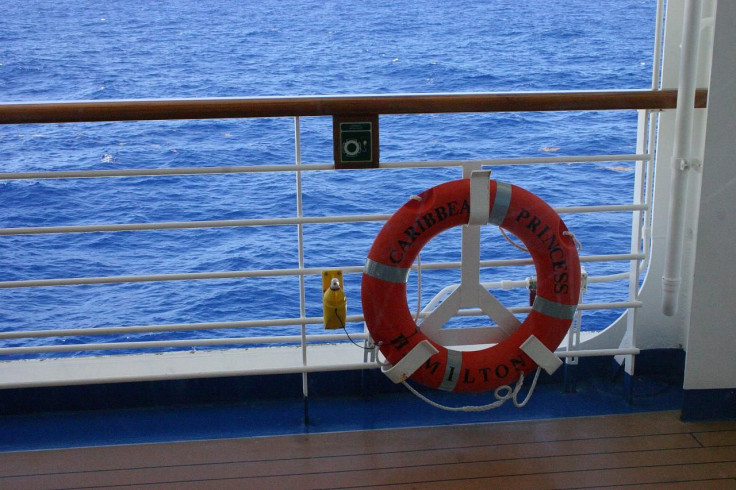Second Cruise Ship Returns To Port Two Days Early With 170 Sick: How Norovirus Thrives In Enclosed, Populated Spaces

A second Caribbean-bound luxury cruise ship returned to U.S. port this week after more than 160 passengers and crew were sickened by a highly contagious stomach virus, suspected to be norovirus.
The Caribbean Princess returned to Pasadena, Texas, with its 4,200 passengers on Thursday, a day or so earlier than planned after the outbreak of a suspected norovirus. A day earlier, Royal Caribbean’s Explorer of the Seas returned home to Bayonne, N.J., after hundreds — one in five among 3,071 passengers — fell sick with vomiting and diarrhea.
The Centers for Disease Control and Prevention (CDC) had planned to send inspectors to the ship to investigate. However, the luxury cruise line told USA Today the ship had returned early following a forecast for thick fog over the weekend likely to close Houston’s port, rather than because of the outbreak. “We are mindful of our passengers’ safety and comfort, as well as the disruption the port’s closing will have on their onward travel plans,” the company said.
Known as the “24-hour bug,” norovirus is the most common cause of gastrointestinal illness in Americans, accounting for half of all such illnesses, the CDC says. In an outbreak, the disease sweeps throughout a large group clustered into close quarters — like schools, nursing homes, hospitals, offices, and luxury cruise ships.
Yet, the incidence of such disease outbreaks aboard luxury cruise liners has been falling steadily for a decade, since the industry made greater efforts toward prevention. According to the CDC, nine outbreaks of norovirus happened aboard cruise ships last year, down from 16 in 2012 and more than 30 in 2006. The decline in norovirus outbreaks over the years comes even as the industry grows, with 21.7 million passengers expected this year — a rise from 15 million in 2010.
Under U.S. government law, cruise ships must report all cases of gastrointestinal illnesses treated by medical staff, with higher-level notifications required depending on how many aboard are sickened. An outbreak affecting three percent or more of those aboard, for example, would trigger a public report from the CDC.
Princess officials said the CDC would board the ship to monitor the sanitizing effort ahead of the next departure on Saturday. The company also said passengers affected by this recent outbreak would receive 20 percent discounts on tickets for another cruise, in addition to a one-day per diem for expenses such as meals.
A series of high-profile mishaps aboard luxury cruise liners in recent years has given some affluent tourists a taste of the developing world in which they delved, as “first world problems” meet real world problems. Two years ago this month, the Costa Concordia ran aground off the coast of Italy upon the negligence of a renegade captain, Francesco Schettino, now facing trial for manslaughter in the deaths of 32 people. Sadly, Costa Concordia claimed one more life on Saturday when a salvage diver bled to death after an accident at the cleanup site.



























